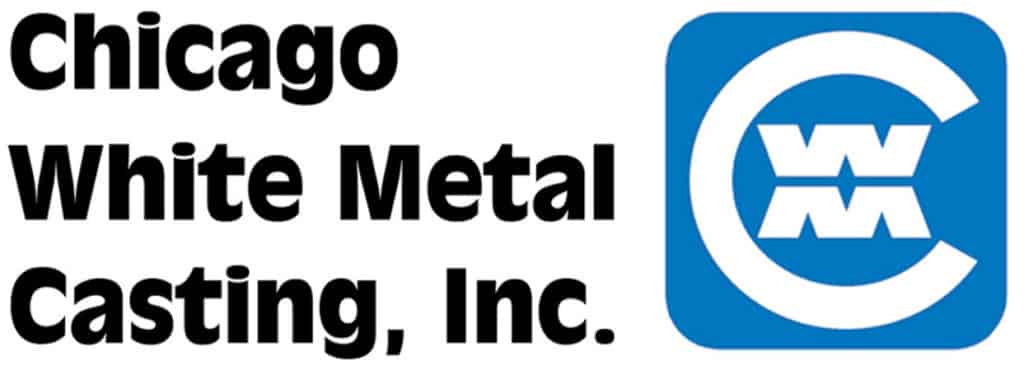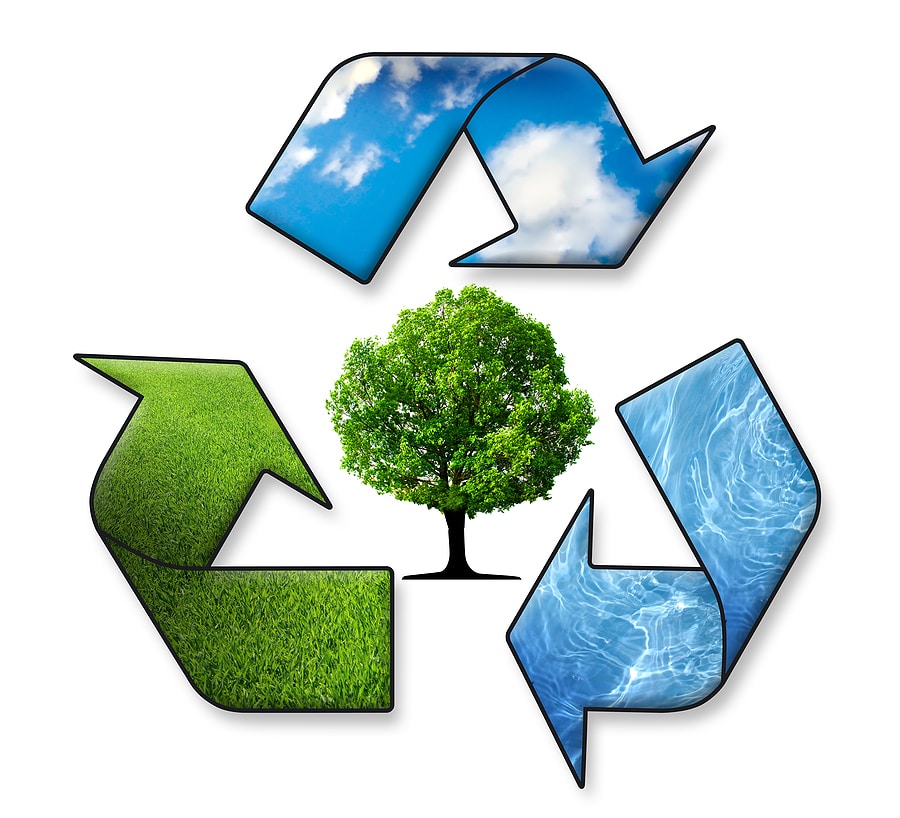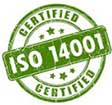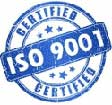Aluminum, Magnesium, and Zinc are the most common alloys used in the die casting process. But how much do we really know about these alloys? To start, Aluminum and Magnesium are “lightweight” metals, while Zinc alloys provide higher precision and longer tool life.
If you are at the point where you’re considering die casting for your project, the next step is determining which alloy is best suited for a specific application of your part. That’s typically based on the design specifications – as the alloy provides the physical and mechanical properties that are required by the end product application. Therefore, you need to seek a die casting supplier that understands each type of alloy offered and what benefits are involved so they can lead you in the right direction.
Aluminum Die Cast Alloy
Aluminum is easily the most frequently used metal in die casting. The most common Aluminum die casting alloy is A380 because it offers the best combination of material properties and castability. Aluminum alloy die castings are used in a wide variety of industries. It is common to see this alloy in electronics, communications equipment, automotive components, lawnmower housings, and many other products.
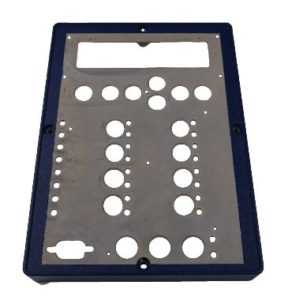
Aluminum alloys for die casting have superior machining characteristics, especially when compared to iron, steel, and titanium.
Magnesium Die Cast Alloy
Magnesium alloys are very light but still offer high levels of strength. Magnesium alloy AZ91D is the strongest and most castable of the commercial Magnesium die casting alloys available, and it is also the most widely used for that reason.
AZ91D Magnesium is a high purity die casting alloy which provides the following qualities:
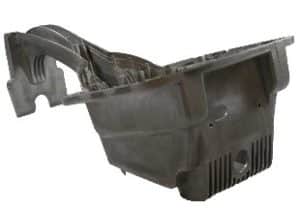
- Good Corrosion Resistance
- Excellent Castability
- Superb Strength
- Lightweight (1/3 less weight than aluminum)
- Longer tool life (perhaps 3X that of aluminum)
Corrosion resistance is achieved by enforcing strict limits on three metallic impurities: Iron, Nickel, and Copper. While there are special precautions to take when machining or grinding Magnesium die castings, Magnesium alloys machine easily, requiring less power to machine than the other die casting alloys.
Magnesium’s durable properties and lightweight make it an ideal alloy for the automotive industry. Magnesium die castings are also used for electronic casing and housings, and more recently, it’s become popular in the aerospace industry.
Zinc Die Casting Alloys
CWM casts two different Zinc alloys: Zamak #3 and ZA-8. Both offer the ability to cast with intricate detail and close dimensional tolerances at high production rates. The first Zinc alloy, ZAMAK #3, contains approximately 4% Aluminum and a smaller percentage of Magnesium to achieve strength, hardness, and corrosion resistance properties. The second, ZA-8, has approximately 8% Aluminum and less copper content. It offers higher strength, superior wear resistance, superior creep resistance, and slighly lower density.
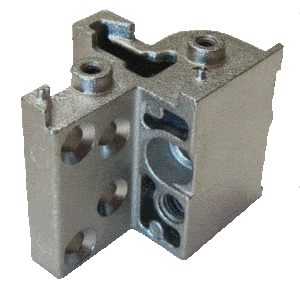
Zinc alloys are commonly used for smaller die castings or die castings that require thinner sections. This is because Zinc alloys have superb castability, generally allow more significant variation in section thickness and can maintain closer tolerances. Also, the impact strength of Zinc die cast components is higher than the other common metal alloys and zinc provided the longest tool life of any die cast alloy. That makes zinc ideal for the automotive industry and numerous other small customized industrial parts.
The CWM Difference
At Chicago White Metal Casting, we custom produce Aluminum, Magnesium, Zinc, and Miniature Zinc die castings. Our experienced sales and engineering teams will work with your company from start to finish to deliver high-quality castings that meet even the highest standards.
Contact us here if you think your project could be a good fit for Aluminum, Magnesium, or Zinc die casting. You can also request a quote on this page.
